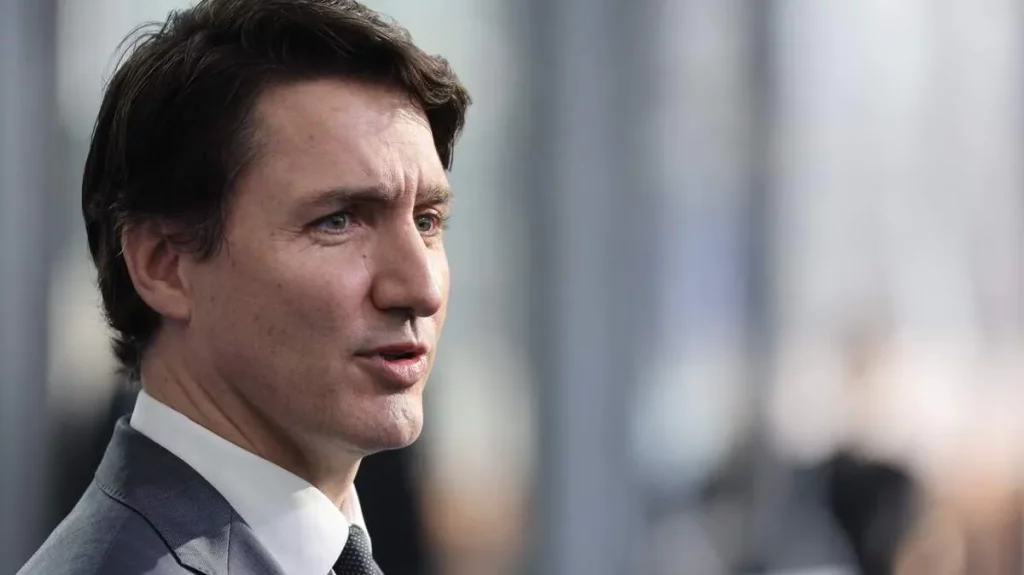
Canada could increase its gas and oil exports to Europe to 300,000 barrels per day by the end of this year to meet the dire needs of countries seeking to end their reliance on Russian resources.
The announcement came as Jonathan Wilkison, Federal of Natural Resources, was in Paris to meet with his partners at the International Energy Agency’s (IEA) Ministerial Meeting Framework.
“This is not a big deal compared to what we are already producing,” said a source familiar with the matter, as there was a 5% increase in total oil exports.
“We are doing what we can with the existing infrastructure because the need is short-lived and Europe needs oil and gas as soon as possible,” he said, adding that some countries dealing with Russia were “concerned” about not being able to get energy supplies anymore. The next few months.
She pointed out that many countries have repeatedly made it clear that they are looking for an alternative and that Canada is well on its way to responding to their requests. However, these countries do not have “pressure” on Canada.
“Our friends and allies in Europe, Canada and other countries, must come forward. They have told us that they need our help to get rid of Russian oil and gas while accelerating the Continental Energy Transition. Canada is unique in assisting on these two issues,” Minister Wilkinson said in a press release on Thursday.
“We will do all we can to help our European colleagues and friends. Like them, we believe Russia’s reliance on oil and gas must be tackled in its fight against climate change,” said Steven Gilbelt, Minister of Environment and Climate Change.
The government has not publicly confirmed the growth in exports at this stage, as the decision rests with the power companies, but, surprisingly, “is interested in participating”.
In the same vein, Justin Trudeau announced on Wednesday that he was setting up the Canada-European Union Working Group, which aims to “further enhance cooperation on energy security”.
The European Union (EU) is considering a ban on Russian oil.
At the same time, Canada announced $ 8 million for the IEA’s Clean Energy Transition Program, which will help emerging economies accelerate their energy transition to meet their energy needs.
In Canada, carbon emissions from the oil and gas sector have increased by 20% since 2005 and represent 26% of total emissions.
Last year, the Trudeau government announced that it wanted to reduce GHGs from 40 to 45% by 2030, compared to 2005 levels, which did not explain how to achieve this goal, which is lower than in the European Union and the United States.
Oil prices rose more than $ 120 a barrel on Wednesday due to new sanctions on Russia, falling US stocks and damage to Russia’s oil terminal.
– With the agency France-Press





More Stories
Sportswear: Lolle acquires Louis Garneau Sports
REM is still innovative enough to foot the bill
A trip to the restaurant with no regrets for these customers